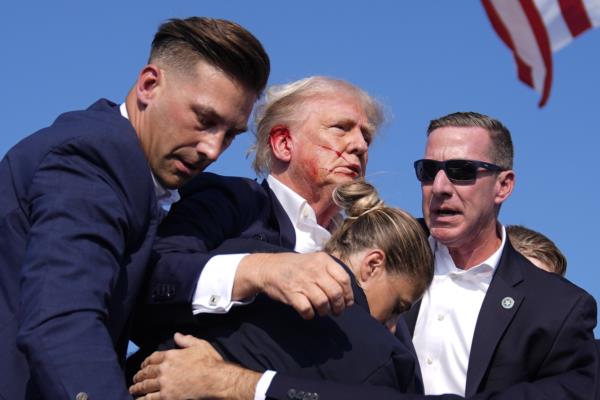
The recent assassination attempts on former President Donald Trump have shed light on the immense pressure faced by the US Secret Service. The agency's acting director has highlighted the 'unprecedented and hyper-dynamic threat environment' that they are navigating.
Reports from current and former agents reveal a workplace plagued by inefficiencies, outdated procedures, and internal discord. A recent incident in San Francisco during a summit for Asia-Pacific leaders exposed poor communication and resource mismanagement among senior agents.
The Secret Service, responsible for protecting numerous high-profile individuals, is grappling with low morale, burnout, and staffing challenges. The agency's workload has significantly increased due to recent events, including political campaigns, international summits, and major conventions.
To address these issues, the Secret Service has requested additional funding from Congress to bolster its resources. President Joe Biden has acknowledged the need for more support for the agency and emphasized the importance of recruiting and retaining qualified personnel.



Despite efforts to hire more agents, the Secret Service continues to face high attrition rates and struggles to retain experienced employees. The agency's ranking on the list of Best Places to Work in the Federal Government reflects the challenges it faces in maintaining a satisfied workforce.
The strain on Secret Service agents is further exacerbated by mandatory overtime without pay for many senior agents. The agency's security posture has come under scrutiny following recent assassination attempts, raising concerns about potential copycat acts of violence.
In conclusion, the US Secret Service is grappling with a myriad of challenges that are impacting its ability to fulfill its critical mission of protecting national leaders and ensuring security. Addressing these issues will be crucial in maintaining the agency's effectiveness and safeguarding those under its protection.







